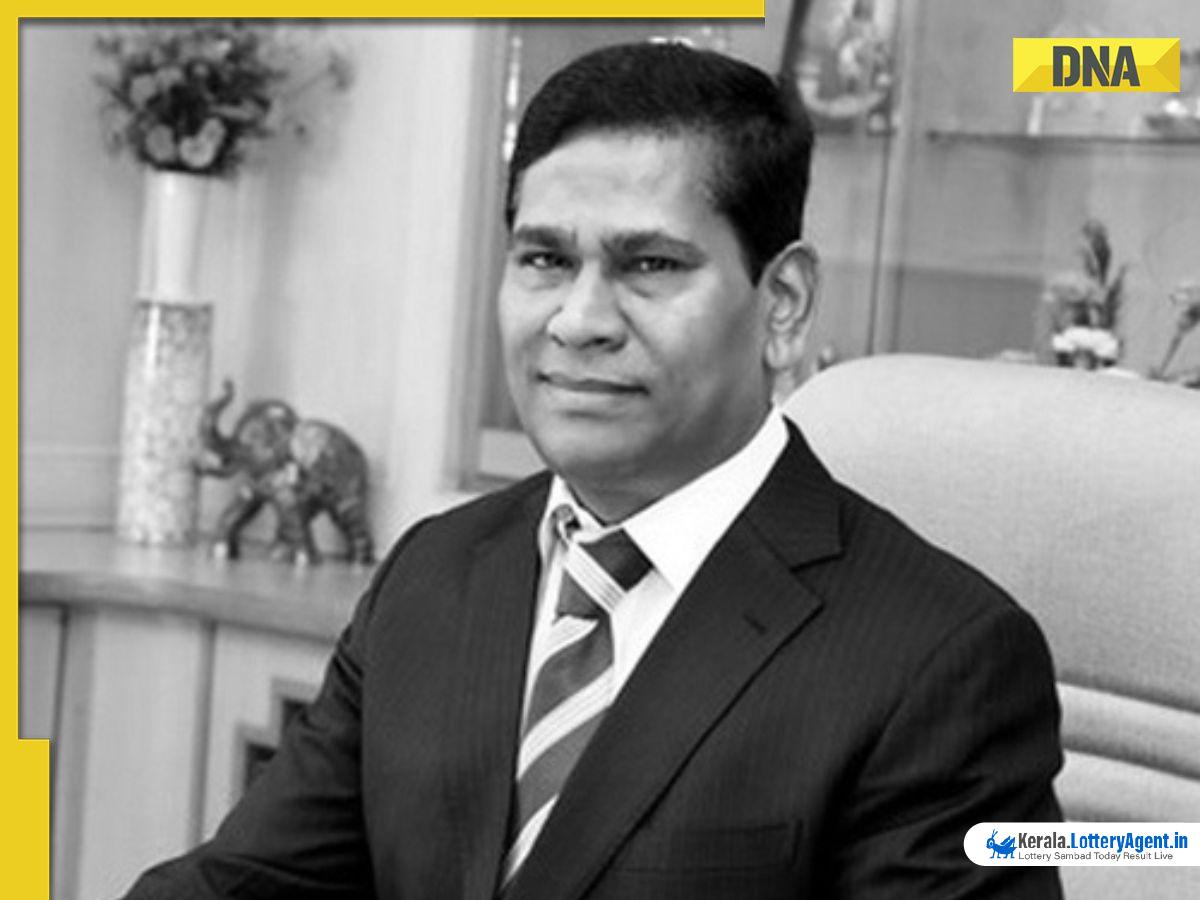
The State Bank of India disclosed crucial information following the Supreme Court’s censure, leading the Election Commission to unveil the list of organizations that have purchased electoral bonds for political donations. Dominating the list is Future Gaming and Hotel Services Private Limited, spearheaded by Santiago Martin, a man better known as the “Lottery King.” His company stands out for having acquired electoral bonds worth a staggering Rs 1,368 crore from April 2019 to January 2024.
Martin’s life reads like an extraordinary tale of rags to riches intertwined with complex political innuendos. His journey began humbly as a labourer in Myanmar before he carved a niche for himself in India’s chaotic and often opaque political landscape. Despite his initial modest circumstances, Martin leveraged the allure of lotteries to promise dreams and fortunes to the masses, ultimately securing immense wealth and influence.
Born in 1964, Santiago Martin’s initial steps into business seemed unlikely to those who knew him. It was in 1988 that he founded Martin Lottery Agencies Ltd. in Coimbatore, a city in Tamil Nadu, after moving back from Myanmar. This enterprise tapped into the two-digit lottery craze that was rampant in South India during that period. The brand “Lottery Martin” quickly became ubiquitous and his business empire gradually unfurled its wings.
Following the success in Coimbatore, Martin expanded his operations into Karnataka and Kerala. The success in these states was only the beginning; he eventually managed to obtain licences to operate in states like Sikkim, Meghalaya, Arunachal Pradesh, Punjab, and Maharashtra. His ability to sell dreams to the common folk helped him build an empire that provided him not only wealth but significant power—and ushered him into the epicentre of political machinations.
However, controversy has also been an inevitable part of Santiago Martin’s story. Kerala, a state with a historical and deep-seated grip on the psychology and finances of its residents due to various lottery schemes, was a significant theatre for Martin’s political engagements. In 2008, he made headlines when he legitimized a controversial donation of Rs 2 crore to Deshabhimani, the mouthpiece of the Communist Party of India (Marxist) or CPI(M).
. This donation coincided with grave accusations against him, including allegations of defrauding the Sikkim government to the tune of Rs 4,500 crore.
Martin’s business dealings haven’t just attracted political controversy; they’ve also drawn the attention of India’s law enforcement agencies. Since 2019, Future Gaming and Hotel Services Private Limited has been under investigation by the Enforcement Directorate (ED) for potential violations related to the Prevention of Money Laundering Act (PMLA). These investigations culminated in significant raids conducted by the ED in cities including Chennai and Coimbatore in May 2023.
The Central Bureau of Investigation (CBI) has also played a critical role in the scrutiny of Martin’s business activities. A CBI charge sheet alleged that Martin’s company illegally sold government-sanctioned lotteries from Sikkim to Kerala. This charge sheet became the cornerstone for the ED’s ongoing probe. Officials familiar with the case have indicated this is only the tip of the iceberg regarding Martin’s complex network of financial activities, which often blur the lines between legality and corruption.
Despite these legal entanglements, Martin’s influence in the realm of political donations remains significant. The SBI’s disclosure on the purchase of electoral bonds reveals just how deep his financial involvement in India’s political scene runs. Electoral bonds, introduced in India as an instrument for political donations, are designed to promote transparency. However, the staggering amount of Rs 1,368 crore spent by Martin raises questions about the influence wielded by wealthy businessmen over the country’s political machinery.
As Martin approaches his 60th year, he stands as one of South India’s most enigmatic and polarizing figures. His journey from a humble labourer in Myanmar to a mogul dubbed the “Lottery King” is nothing short of extraordinary. But his legacy is a double-edged sword, marred by allegations of corruption and political maneuvering even as it is marked by unprecedented business acumen.
Moreover, the growing scrutiny from India’s law enforcement agencies means that the coming years could be defining for Martin and his empire. His story serves as a microcosm of the complex interplay between business and politics in India, a narrative full of ambition, controversy, and relentless pursuit of power.












